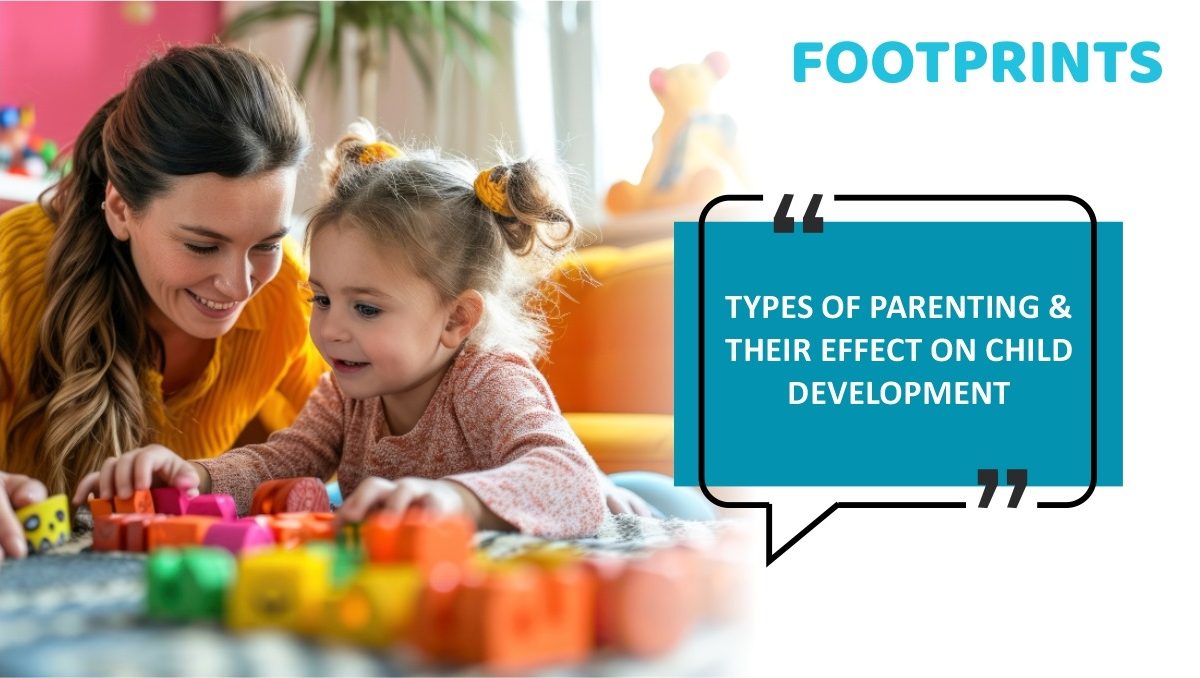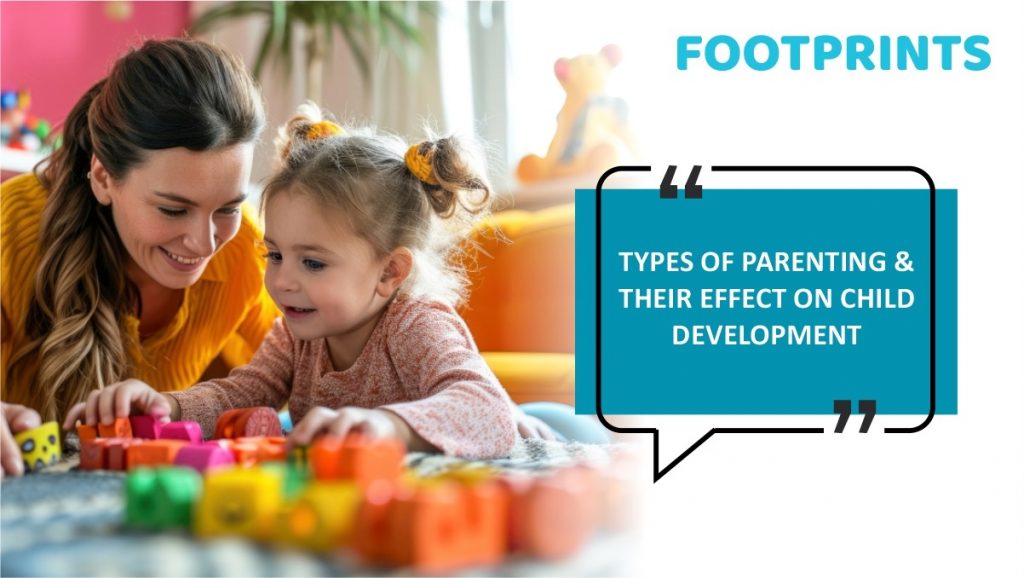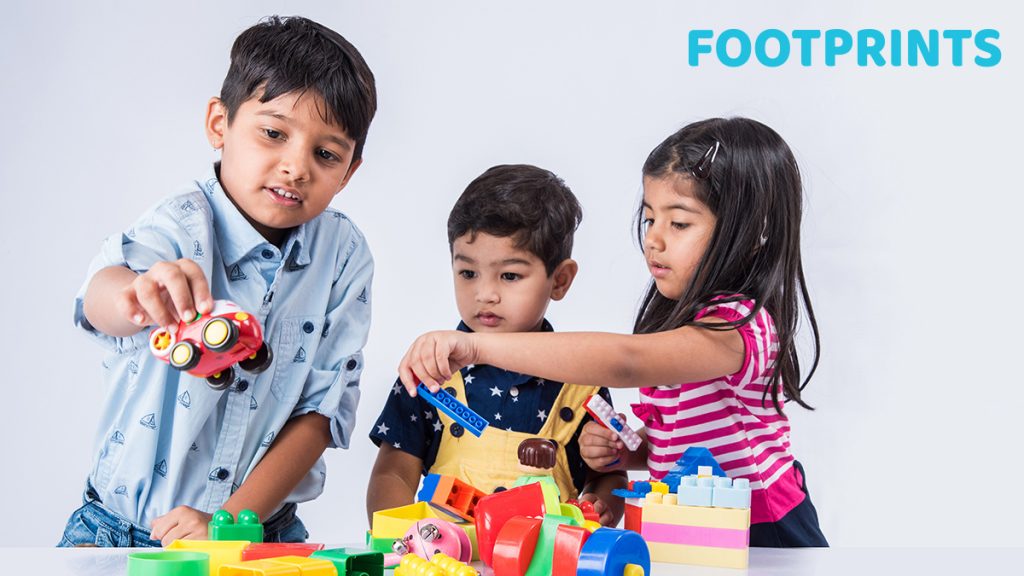
Research shows a correlation between the parenting approach that a child has been brought up with and the child’s personality. It stands to reason that parents’ different strategies in raising children tend to impact the child’s emotional well-being, self-esteem, and behavior. How parents interact with children can shape the child’s values, response to situations, social skills, and a lot more. Since the parenting style impacts the child’s overall personality, it also has a pervasive impact on the child’s adult relationships.
Therefore, it is imperative that parents make intentional choices and informed decisions when raising their children. That said, we do see several examples of siblings being brought up in similar environments who grow up to have dramatically different personalities. Overall, however, it is when parents can create a supportive and loving environment that they equip their children with the life skills to handle the ups and downs of life.
Let us look at the different parenting styles that parents are known to adopt and their impact on the child’s personality:
Types of Parenting Styles
It was in the 1960s that psychologist Diana Baumrind was credited with undertaking a study on over 100 children of preschool age. She undertook a whole lot of methods to conduct her research, including but not limited to:
– Observation
– Interview with parents
Based on the above, she identified distinct parenting styles based on the kind of disciplinary strategies used by parents, their communication style, the level of warmth and nurturing they display, and more. All of this, in turn, impacts shaping the child’s personality. The parenting styles include:
- Authoritarian Parenting
- Authoritative Parenting
- Permissive Parenting
- Uninvolved parenting
Let us look at each of them in some detail:
Authoritarian Parenting
A hallmark of this parenting technique is that the parent sets strict rules the child should follow. The parents, often called the rigid ruler, are low on support and high on demands. In such a parenting style, parents do not explain the rationale of their rules- instead, they demand obedience from the child simply because they are an authority figure. Some of the other characteristics of this parenting style include:
- Lack of responsiveness towards children
- High level of expectation from children
- Harsh punishment as a response to mistakes
It stands to reason then that the impact this parenting style has on children is as follows:
- Children become very obedient, not because they respect their parents or believe a specific action is correct, but because they fear punishment. Children may also lie to escape punishment for any supposed wrongdoing.
- Most children who go through this parenting style are also proficient since lack of proficiency comes with negative implications.
- Children who are subject to this parenting style often display a lot of anxiety and can be hyper-vigilant since they are on their guard for any punishments coming their way.
- Such children are often seen to be less self-reliant and cannot take initiative of their own as they are used to following directions.
- They lack intrinsic motivation since all their actions result from directions given to them.
- They may also suffer from low self-esteem that comes from harsh punishments and linking their self-worth to things they do right.
- Overall, such children fare lower on the happiness quotient.
Authoritative Parenting
This kind of parenting style also believes in establishing rules and guidelines. Still, it is fundamentally different from authoritarian parenting in that these parents discuss the rationale of their rules and are open to children’s questions. Reasoning rather than coercion is the hallmark of this parenting style. Some of the other characteristics of this parenting style include:
- While parents set clear rules, they also offer positive support and warmth.
- The disciplinary methods used are supportive rather than punitive.
- Parents communicate well with children and are warm and responsive.
- They show interest in the child’s life but aren’t overbearing.
The impact this parenting style is known to have on children includes:
- Children are generally responsible and self-regulated.
- They are known to display self-confidence and independence.
- They do not fear to make constructive mistakes.
- Overall, they are capable and successful.
- They also score high on the happiness quotient and overall satisfaction with life.

Permissive Parenting
As the name suggests, this parenting style is known to have very few rules. Such parents are warm; however, they do not set or enforce any rules and allow children to make their own decisions. Often, such parents may take pride in being the child’s friend rather than a parental figure. Some of the characteristics of this parenting style include:
- Such parents are responsive but not demanding.
- They do not set reasonable limits for their children.
- Such parents are communicative and nurturing.
The impact such parenting style has on children includes:
- Children could grow up to be independent.
- In the absence of reasonable limits set by parents, children often struggle to set boundaries for themselves, and this could sometimes lead to poor regulation.
- Such children could indulge in high-risk behavior and could also perform poorly in school.
- Overall, they tend to rank low on the happiness quotient.
Uninvolved Parenting
Psychologists have suggested a fourth parenting style in addition to the three different styles pointed out by Baumrind. This style, as its name suggests, is uninvolved or what can be termed neglectful. It is associated with poor communication, low responsiveness, and very few demands.
Some of the other characteristics of this parenting style include
- Overall detachment from the child’s life, even though the parent could be fulfilling the child’s basic material needs.
- There isn’t any structure, guidance, rules, or support for the child.
- Sometimes, parents could even be abusive, though this isn’t a necessary aspect of the uninvolved parenting style.
The impact of this parenting style on children includes:
- Poor self-control
- High rates of delinquency
- Poor self-reliance
- Poor social relationships
- High on anxiety
- Children also tend to show signs of depression
To Sum Up
Suppose parents can set clear boundaries for children while being warm and communicative. In that case, the child has a better chance of being competent and experiencing warm social relationships. In short, it gives the child a better chance of being happy and a productive and well-adjusted member of society.
It is important to remember that a parent’s parenting style is also a sum of their personality and influences. If the parent can identify their parenting style and become intentional about it, it can go a long way toward positively impacting the child.
Stay tuned to this space for more informative content. At Footprints, a chain of preschools and daycares that has emerged as a preferred parenting partner, we follow a scientifically developed curriculum that contributes to the child’s overall development and well-being.
Aditya brings over ten years of expertise as a Senior Marketing Strategist. He’s an expert at developing captivating marketing tactics that regularly provide excellent outcomes. His innovative strategies have demonstrated a track record of increasing organizational reach and engagement, showcasing his extensive knowledge of the contemporary marketing landscape.



